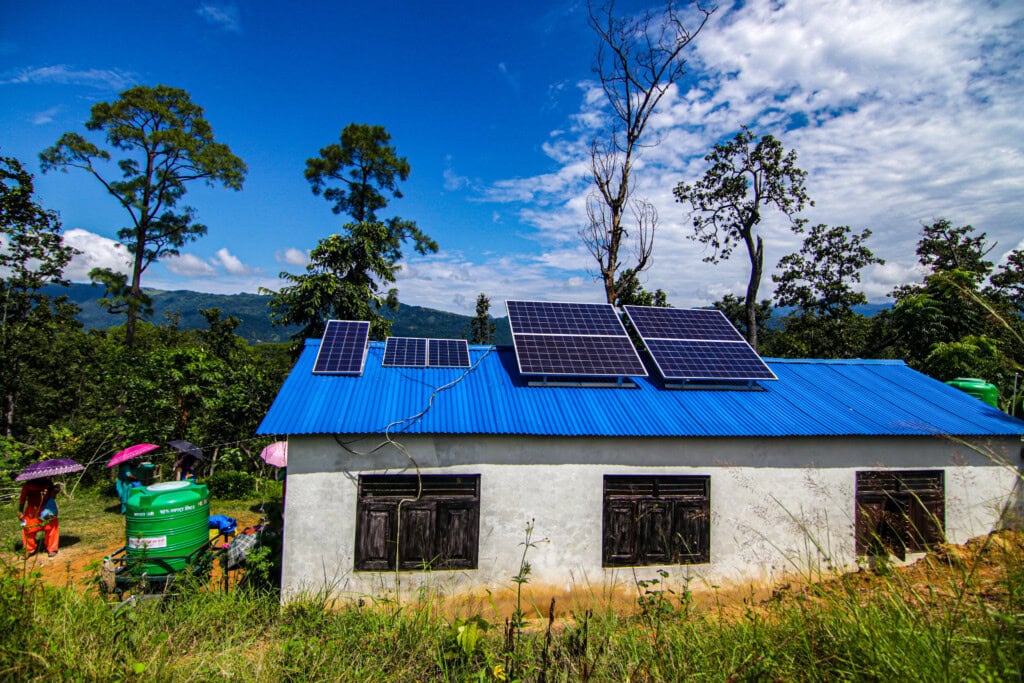


Location
Phase 1 Gorkha District, Nepal
Phase 2, Surkhet District, Nepal
Project Dates
Phase 1: 1 October 2024 – 30 September 2025
Phase 2: TBC
Technology
Solar electrification of health facilities
Project Reach
PROGRAMME goal (including reach target): To improve access to and quality of health services for 27,097 people in 24 energy-poor off-grid rural communities in Gorkha and Surkhet Districts, through clean energy solutions
PHASE 1 goal (including reach target): To improve access to and quality of health services for 9,217 people in 7 energy-poor off-grid rural communities in Gorkha District, through clean energy solutions
PHASE 2 goal (including reach target): To improve access to and quality of health services for 17,880 people in 17 energy-poor off-grid rural communities in Surkhet District, through clean energy solutions
Project Partners
Phase 1: Goreto Gorkha
Phase 2: Beautiful Nepal Association (BNA)
Project Funders
Stichting Warm Nest (SWN)
Target SDGs
3, 6, 7
Overview
Many communities living in remote areas of Nepal lack access to adequate healthcare services. In the mountainous areas of the Surkhet and Gorkha districts, off-grid health units exist to serve communities primarily comprised of marginalised and impoverished residents, including the Dalit community. However, without electricity, equipment, toilets, and reliable and safe water supplies, the range and quality of services health units can provide is severely constrained, placing entire communities at risk.
E4H Scale-Up seeks to improve healthcare services in 24 disadvantaged and energy-poor off-grid communities in remote and mountainous areas of Gorkha and Surkhet through clean energy solutions. It will simultaneously strengthen healthcare services while leaving a positive environmental footprint. Solar power will facilitate improvements in healthcare delivery by enhancing lighting, refrigeration, neonatal care, and telemedicine. Health units will be equipped with Water, Sanitation, and Hygiene (WASH) facilities, including solar-powered water filters, and improved waste management. E4H Scale-Up will also work with communities to foster improved and informed health decision-making. Communities’ aspirations and needs will be met through their inclusion in the design and implementation phases. The sustainability of both technologies and positive changes in health behaviours will be ensured through training, support, and the deep engagement of local stakeholders, including social entrepreneurs and local government.
Results Framework
OUTCOME 1: Health units offer new energy-enabled health services
OUTCOME 2: Improved WASH infrastructure and waste management at the health units
OUTCOME 3: Households in health unit catchment areas are aware of new energy-enabled services in their communities and sensitised on key health and hygiene topics